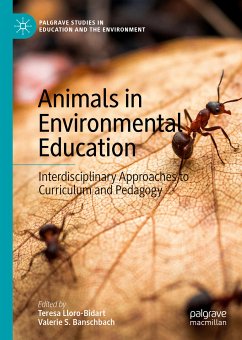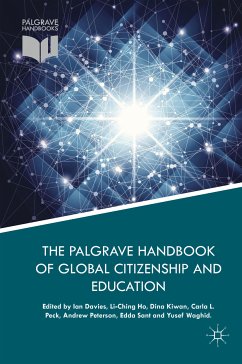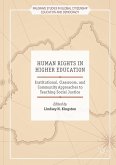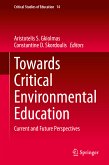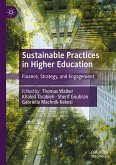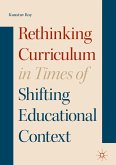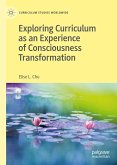This book explores interdisciplinary approaches to animal-focused curriculum and pedagogy in environmental education, with an emphasis on integrating methods from the arts, humanities, and natural and social sciences. Each chapter, whether addressing curriculum, pedagogy, or both, engages with the extant literature in environmental education and other relevant fields to consider how interdisciplinary curricular and pedagogical practices shed new light on our understandings of and ethical/moral obligations to animals. Embracing theories like intersectionality, posthumanism, Indigenous cosmologies, and significant life experiences, and considering topics such as equine training, meat consumption and production, urban human-animal relationships, and zoos and aquariums, the chapters collectively contribute to the field by foregrounding the lives of animals. The volume purposefully steps forward from the historical marginalization of animals in educational research and practice.
Dieser Download kann aus rechtlichen Gründen nur mit Rechnungsadresse in A, B, BG, CY, CZ, D, DK, EW, E, FIN, F, GR, HR, H, IRL, I, LT, L, LR, M, NL, PL, P, R, S, SLO, SK ausgeliefert werden.

